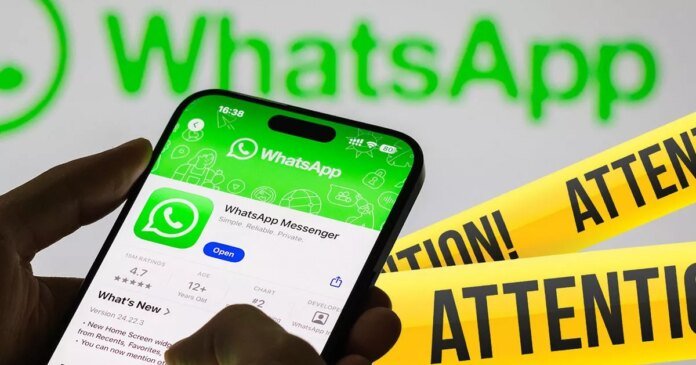WhatsApp has officially announced a significant update to its messaging app, introducing advertisements that will now appear on users’ screens worldwide. These ads will be visible in a designated section called Updates, located at the bottom of the screen.
Under the ownership of Meta, WhatsApp states that businesses will have the opportunity to promote their services in this section and may charge users a subscription fee for accessing additional features.
The messaging platform clarified that these new features will be isolated to the Updates tab and will not affect personal chats. Users who solely use WhatsApp for communicating with friends and family will not experience any changes in their regular usage.
Users will also have the option to support their preferred channels by subscribing to receive exclusive content for a monthly fee. WhatsApp is set to receive a 10% commission on these transactions, as reported by the BBC.
While advertisements are not new to Meta-owned platforms like Instagram and Facebook, this update aligns WhatsApp with the advertising practices of its parent company. Despite the assurance that the update will not impact the core messaging functionality, many users have expressed anger and some have threatened to uninstall the app from their devices.
WhatsApp emphasizes that all messages sent through its service are encrypted and inaccessible to the platform. The company reassures users that privacy remains a top priority, ensuring that personal messages, calls, and statuses are end-to-end encrypted.
Although this assurance may comfort some users, it has been confirmed that certain user data will be utilized to tailor ads based on individual interests. WhatsApp plans to use limited information such as location, language, followed channels, and ad interactions to display relevant advertisements.
The implementation timeline for these changes remains undisclosed. Despite WhatsApp’s attempts to allay user concerns, skepticism persists among many individuals. Some users fear a future where they may encounter video ads before being able to send messages, expressing frustration over the evolving advertising landscape.

